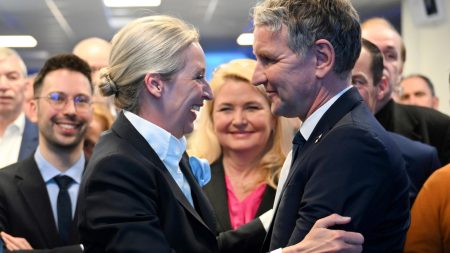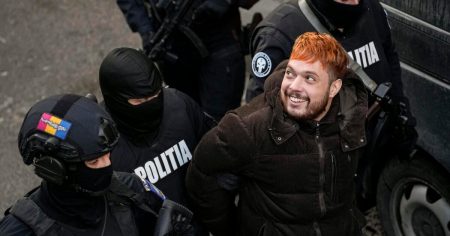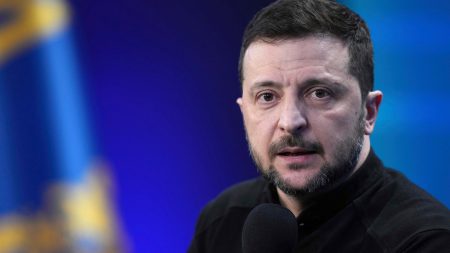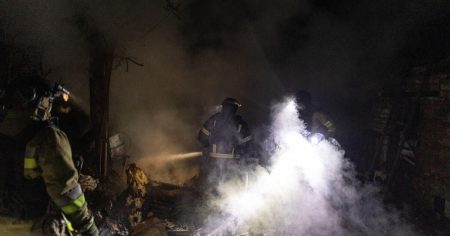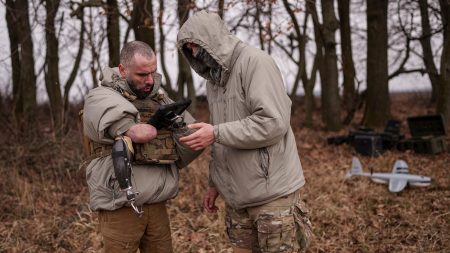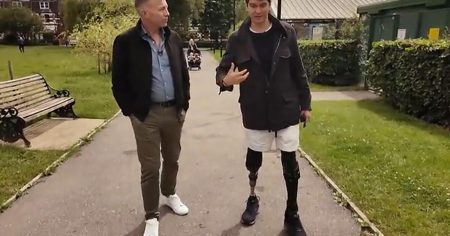Brazil’s former President Jair Bolsonaro Charged with Attempted Coup
In a dramatic and unprecedented turn of events, Brazil’s Prosecutor-General Paulo Gonet formally charged former President Jair Bolsonaro with attempting a coup to remain in power following his 2022 election defeat. The charges, outlined in a 272-page indictment, allege that Bolsonaro and 33 others conspired to overthrow the government, targeting Brazil’s democratic institutions and its leaders. Among the shocking allegations is a plot to poison current President Luiz Inácio Lula da Silva and assassinate Supreme Court Justice Alexandre de Moraes, a prominent critic of Bolsonaro. The alleged plan, referred to as the "Green and Yellow Dagger," was said to have been conceived and approved by Bolsonaro himself, with the aim of dismantling Brazil’s democratic order. The colors "green and yellow" hold deep symbolic meaning in Brazil, not only as the nation’s flag colors but also as a representation of Bolsonaro’s political movement.
Bolsonaro’s defense team has vehemently denied the charges, expressing "dismay and indignation" and claiming that the former president has always upheld democratic values and the rule of law. However, the indictment paints a starkly different picture. Prosecutor-General Gonet asserts that the alleged plot was part of a broader effort to undermine Brazil’s electoral system and maintain Bolsonaro’s grip on power. The charges are historic in scope, marking one of the most significant legal challenges to a former head of state in Brazil’s modern history.
The Alleged Plot and Its Key Players
The indictment reveals a chilling and systematic plan to subvert democracy in Brazil. According to the Prosecutor-General’s office, Bolsonaro and his co-conspirators sought to discredit the 2022 election results by sowing distrust in the electoral system. They allegedly drafted a decree that would have provided legal cover for the overthrow of the government, pressured military leaders to support the plan, and incited violence in the capital to create chaos. The plot also included violent measures, such as poisoning President Lula and killing Justice Alexandre de Moraes, who has been a thorn in Bolsonaro’s side for his role in investigating the former president’s alleged wrongdoing.
The indictment names 34 individuals, including high-ranking officials and military figures, as part of the alleged criminal organization. Prosecutor-General Gonet has accused Bolsonaro of being the mastermind behind the plot, claiming that he not only conceived the plan but also actively participated in its execution. The charges against Bolsonaro and his associates include attempting a coup, participating in an armed criminal organization, and undermining the democratic rule of law. If convicted, Bolsonaro could face up to 20 years in prison.
Bolsonaro’s son, Senator Flávio Bolsonaro, has also come to his father’s defense, dismissing the charges as "empty" and accusing the Prosecutor-General’s office of serving President Lula’s interests. However, the evidence compiled against the former president appears formidable, drawing on manuscripts, digital files, and message exchanges that detail the alleged conspiracy.
Bolsonaro’s Denial and the Road Ahead
Despite the serious allegations, Bolsonaro has maintained his innocence, showing no signs of concern. "I have no concerns about the accusations, zero," he told journalists during a visit to the Senate in Brasília. He even mocked the idea of a coup decree, stating, "Have you seen the coup decree, by any chance? You haven’t. Neither have I." Bolsonaro’s defiance underscores his long-standing approach to crises, which often involves dismissing accusations as politically motivated attacks.
The case will now go before Brazil’s Supreme Court, which will decide whether to accept the charges and move forward with a trial. Legal experts believe the Court is likely to accept the charges, given the extensive evidence presented. If the trial proceeds, it could have profound implications for Bolsonaro’s political future and Brazil’s democracy. The case has already sparked intense debate, with some hailing it as a triumph of Brazil’s robust institutions and others viewing it as a partisan witch hunt.
The Historical Significance of the Charges
The charges against Bolsonaro represent a landmark moment in Brazil’s history, highlighting the strength and independence of its legal institutions. According to Luis Henrique Machado, a criminal attorney and professor at IDP University in Brasília, the case is "historic" and demonstrates Brazil’s ability to hold even its most powerful leaders accountable. "They are a role model for other countries where democracy is at risk," Machado said. The indictment is not only about Bolsonaro’s alleged crimes but also about the resilience of Brazil’s democratic institutions in the face of systemic threats.
The case has also shed light on the broader challenges facing Brazil’s democracy. Bolsonaro’s presidency was marked by intense polarization, attacks on democratic norms, and efforts to undermine trust in the electoral system. His allegations of voter fraud, which were widely debunked, became a rallying cry for his supporters and inspired violent protests. The charges against him are, in many ways, a response to these actions and a reaffirmation of the rule of law.
Bolsonaro’s Political Future and the 2026 Election
The indictment could have significant implications for Bolsonaro’s political future. He is already barred from running in the 2026 presidential election due to a ruling by Brazil’s top electoral court, which found that he had abused his power and spread unfounded doubts about the country’s electronic voting system. However, Bolsonaro remains a formidable political figure, with a dedicated base of supporters and a reputation for resilience.
Despite the charges, Bolsonaro is likely to position himself as a victim of political persecution, a strategy he has employed successfully in the past. According to Carlos Melo, a political science professor at Insper University in São Paulo, Bolsonaro will use the indictment to rally his base and maintain his relevance in Brazilian politics. "There’s going to be political dust, but it will settle," Melo predicted. Recent polls suggest that Bolsonaro could still be a competitive candidate in the 2026 election, should he find a way to circumvent the legal obstacles in his path.
Conclusion: A Test for Brazil’s Democracy
The charges against Jair Bolsonaro are a defining moment for Brazil’s democracy, testing the nation’s ability to uphold the rule of law and hold its leaders accountable. The case has far-reaching implications, not only for Bolsonaro’s future but also for the stability of Brazil’s political system. While Bolsonaro’s supporters view the indictment as a partisan attack, the evidence presented by the Prosecutor-General’s office suggests a serious and coordinated effort to undermine democracy.
The outcome of the case will depend on the independence and integrity of Brazil’s judicial institutions. If the Supreme Court accepts the charges and puts Bolsonaro on trial, it will send a powerful message about the strength of Brazil’s democracy. Regardless of the result, the case has already demonstrated that no one, not even a former president, is above the law. As Brazil looks to the future, the resolution of this case will be a critical step in reinforcing its democratic values and ensuring that the rule of law prevails.






